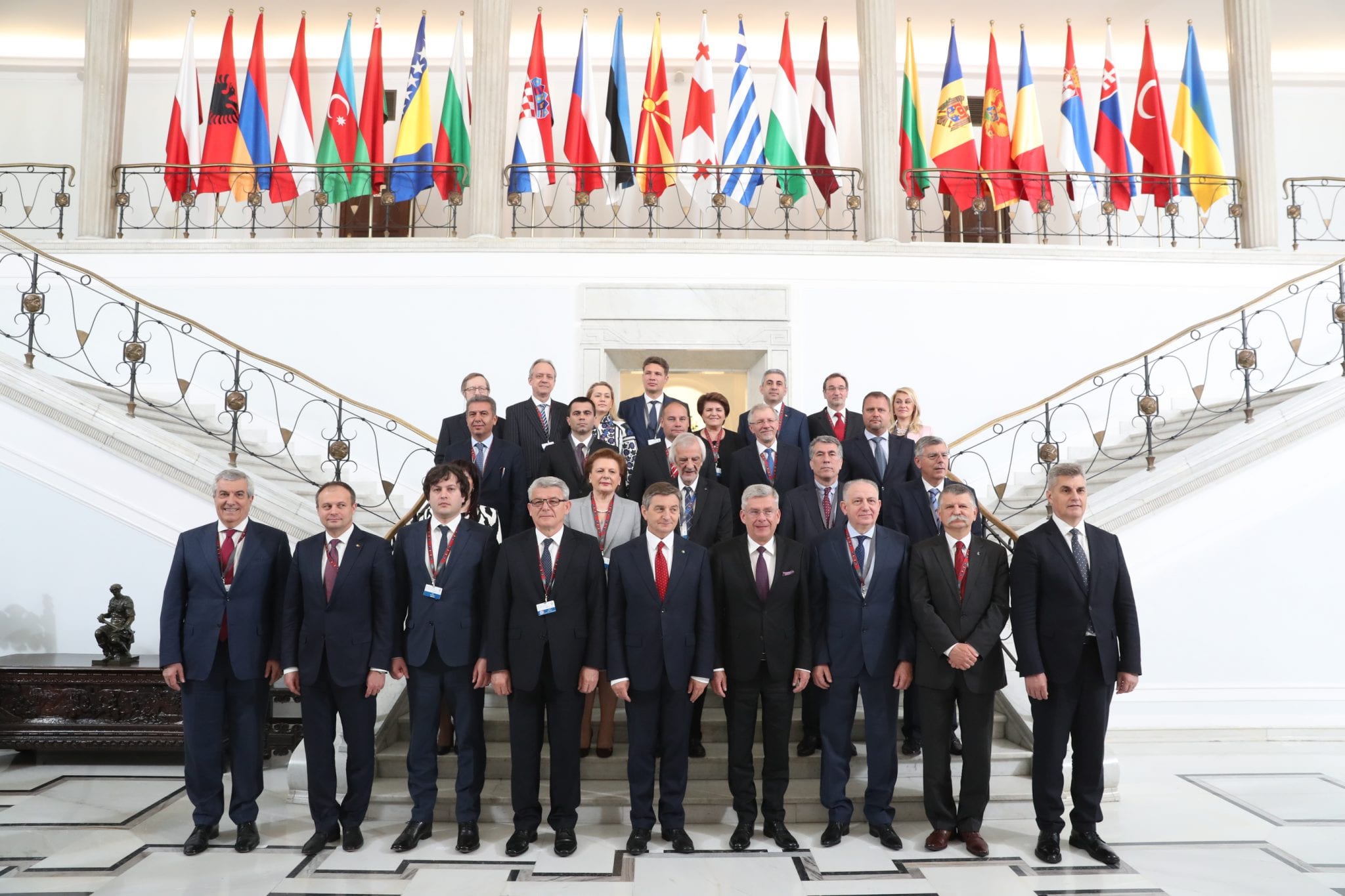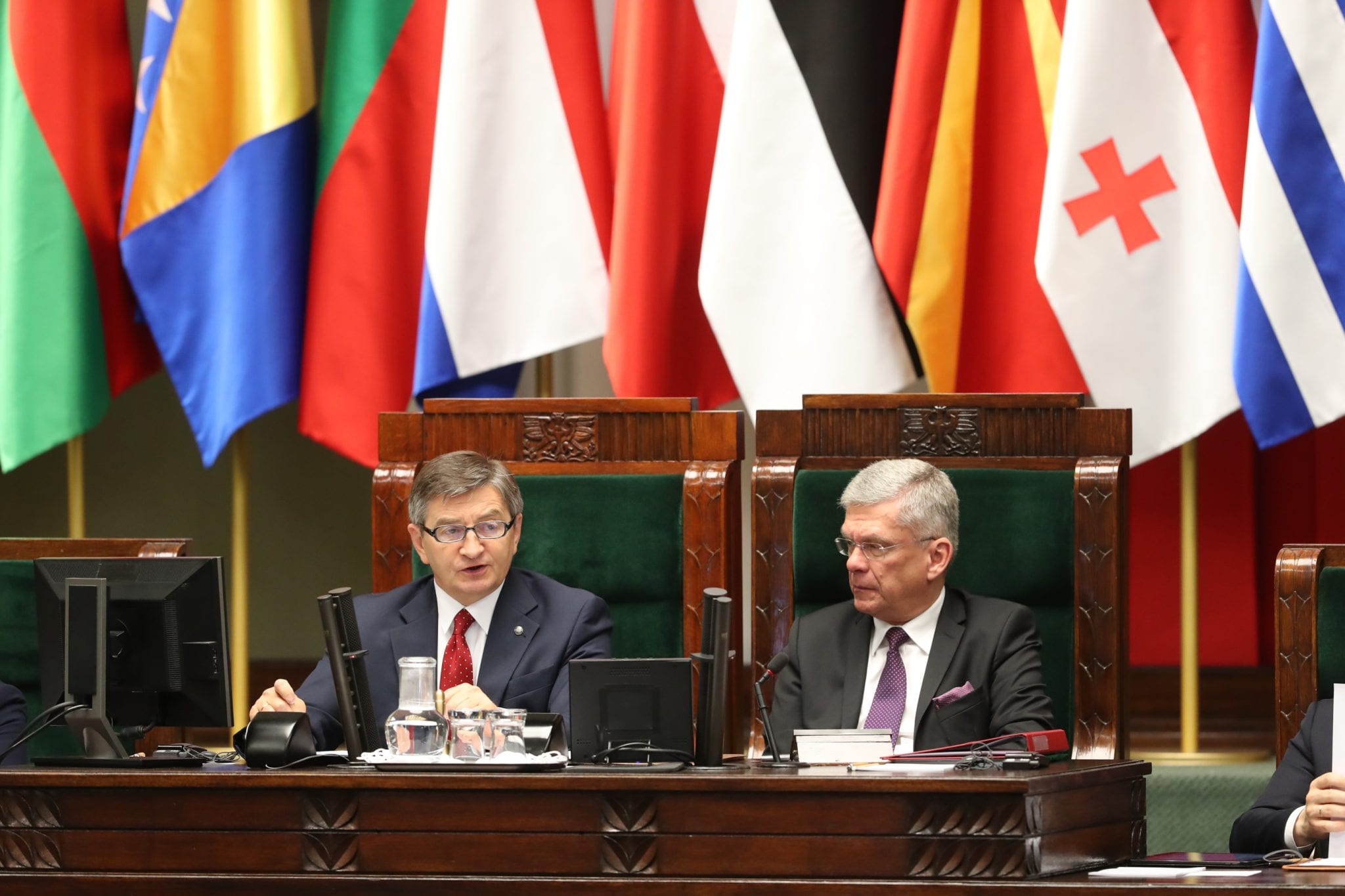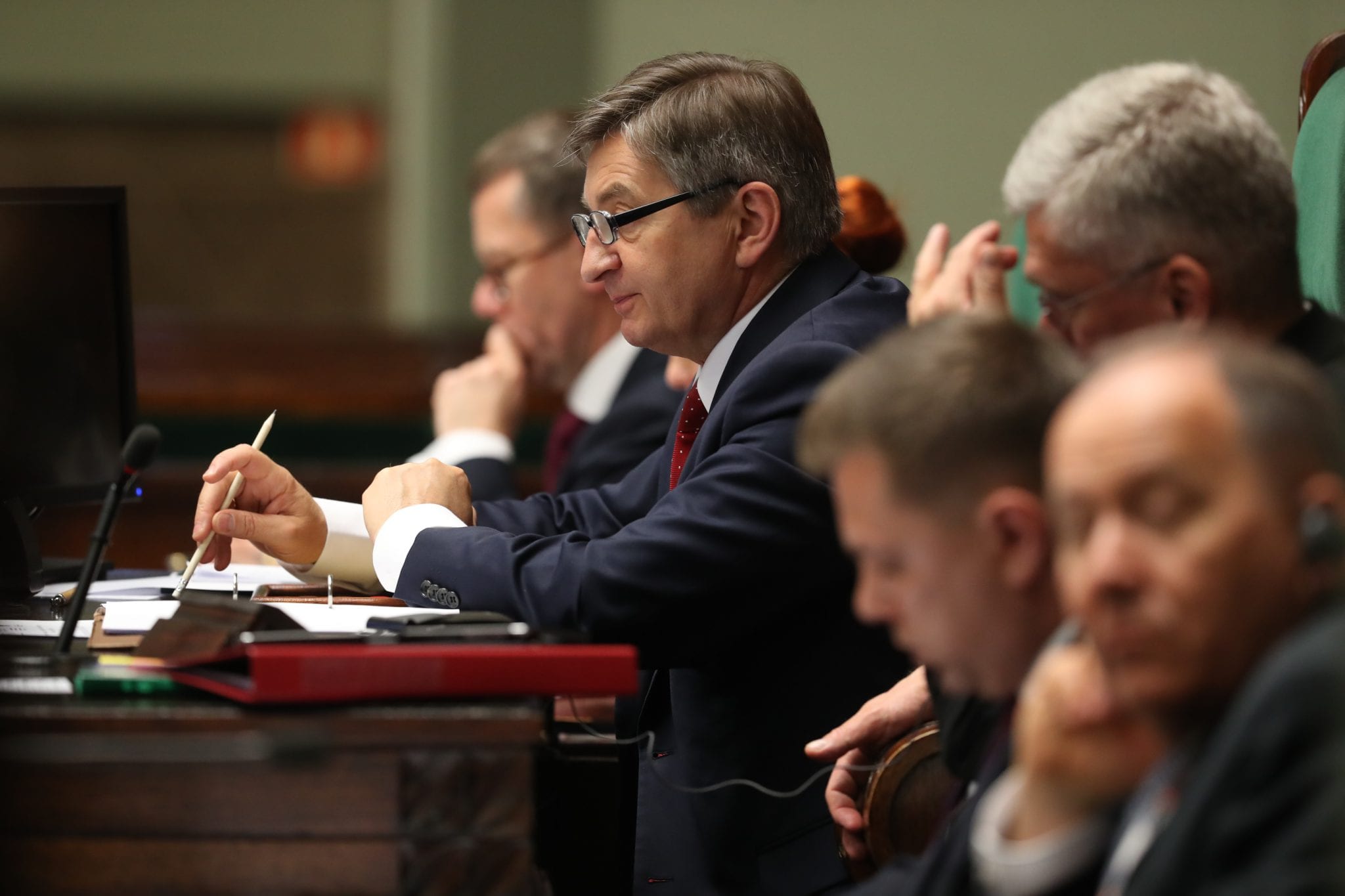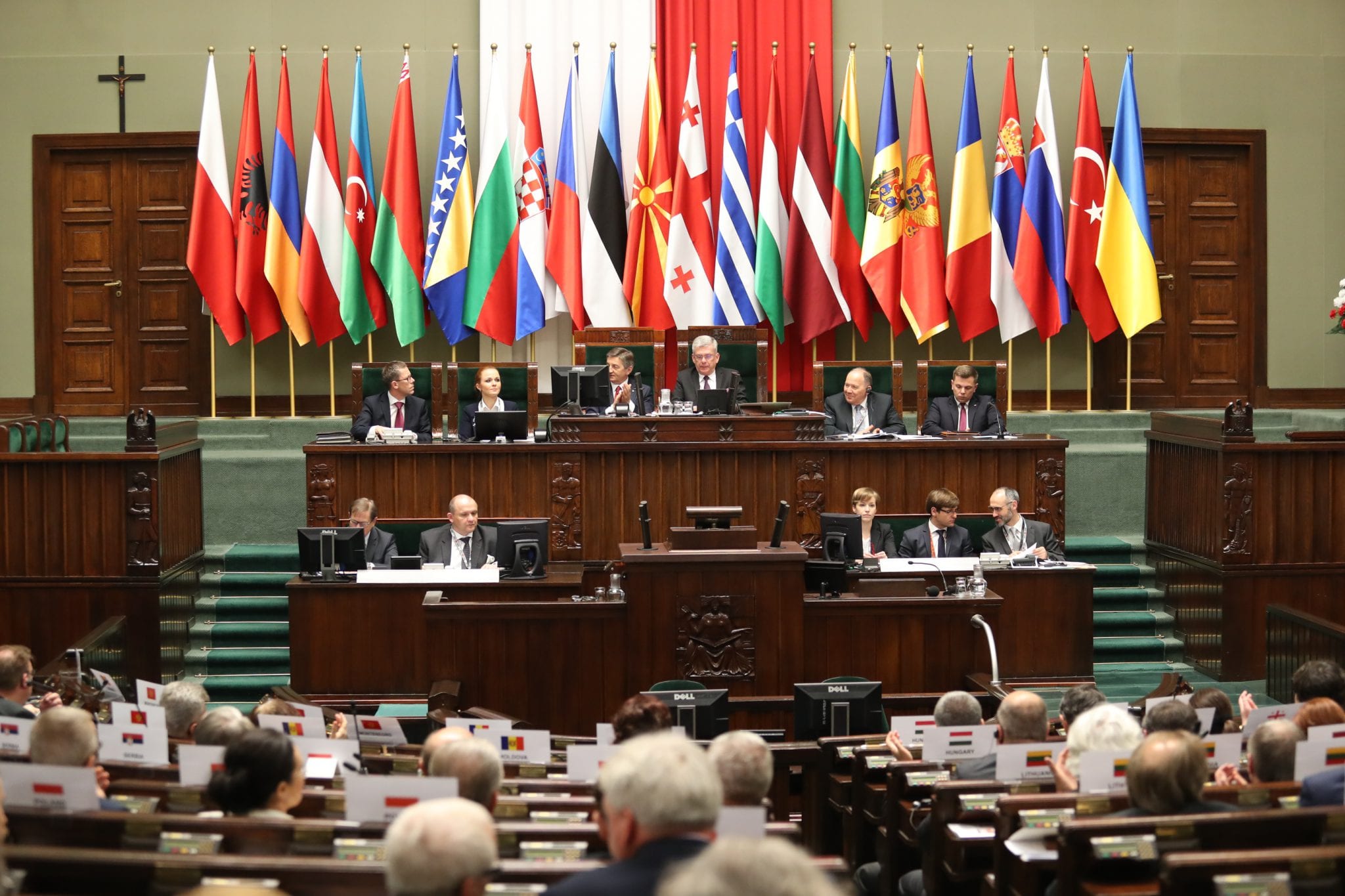The aim of the Warsaw Summit of Speakers of Central and Eastern European Parliaments was to discuss Central and Eastern Europe, its security, development and cooperation projects.
Europe for some is just a geopolitical space, for others it is a community of civilization. However, everyone recognizes the importance of the continent's unity," said Marek Kuchciński, Speaker of the Sejm, while welcoming the delegation. - For us in Poland the European continent is perceived as unity, although we know its diversity. Europe is united by a common right to security and development, a commitment to freedom and respect for cultural, religious and linguistic diversity - he argued.
The growing role of national parliaments in the creation of foreign policy has been evident for some time. At the same time, the trend of decreasing trust in the EU super-institutions and the creation of new bodies discussing the internal policies of individual nations is becoming increasingly clear. In Poland, the support for the idea of a united Europe is high, but enthusiasm for the "superstate" itself is lower, as evidenced by the low turnout in the elections to the European Parliament - 23.8 percent.
The Marshal emphasized that Poland stands on the position that in the diversity of our part of the region lies also its strength. We have different temperaments and different ambitions, but we have much in common. We want the countries to have the right to cultivate their specific features and at the same time find a common language. This is perfectly evident, for example, in infrastructure policy. Our region can unite around such projects as the great Odra-Danube waterway or Via Carpatia. The new Silk Road may also be a common challenge. Especially that Chinese investments are carried out in many Central and Eastern European countries. Now we have an opportunity to balance the influence of the countries thinking about a two-speed Europe.
Our region has a particular sensitivity to issues of national independence. To this, I would add the considerable and important participation of the Church and religion in our countries, whether the predominant religion is Catholicism, Protestantism or Islam. One of the topics on the agenda was regional security. The Speaker pointed out that the threat to the independence of one of the European countries requires a solidary attitude of all other countries and European organizations. - In this part of Europe we are well aware of the consequences of such political passivity - he said.
Our strength is the potential of Central and Eastern Europe, a unique region home to dynamic peoples. Our wealth lies in our numerous economic resources, proud past, remarkable and diverse culture, and societies of many languages and faiths.
During his speech in the Plenary Chamber, the Speaker of the Sejm argued that Central and Eastern Europe needs permanent parliamentary cooperation: dialogue and consultation. It is for these reasons that I take the liberty of submitting the following proposals for your consideration:
- We propose that the Summit of Speakers of Parliaments be considered a cyclical forum for discussions between representatives of the parliamentary chambers of our part of the continent. We express our readiness to organize such meetings in Warsaw.
- We propose thematic consultations of Parliamentary Delegations composed of parliamentarians supported by experts and advisors when possible and necessary. Inter-parliamentary working groups may also be established on important issues, such as sharing the experience of the transition and the process of consolidation of democracy.
- We also propose crisis meetings of special envoys of the presidents of parliaments in case Central and Eastern Europe faces sudden challenges that threaten its subjectivity and identity.
- We are ready within our competence and capacity to establish an Institute for the Study of Parliamentarism in Central and Eastern Europe. This would be an international think tankThe Co-Presidency will establish a Regional Cooperation Committee, which will conduct scientific research, prepare analyses and strategies, organize dialogue, and support regional cooperation at the parliamentary level. Specialists in various fields from all countries of the region, nominated by the Presidents of the Parliaments, would be invited to participate. Together we need to know about us to be able to act better and more effectively.
- In order to avoid excessive bureaucracy, we propose that the coordination of parliamentary cooperation be handled by the offices in the parliaments responsible for international cooperation.






